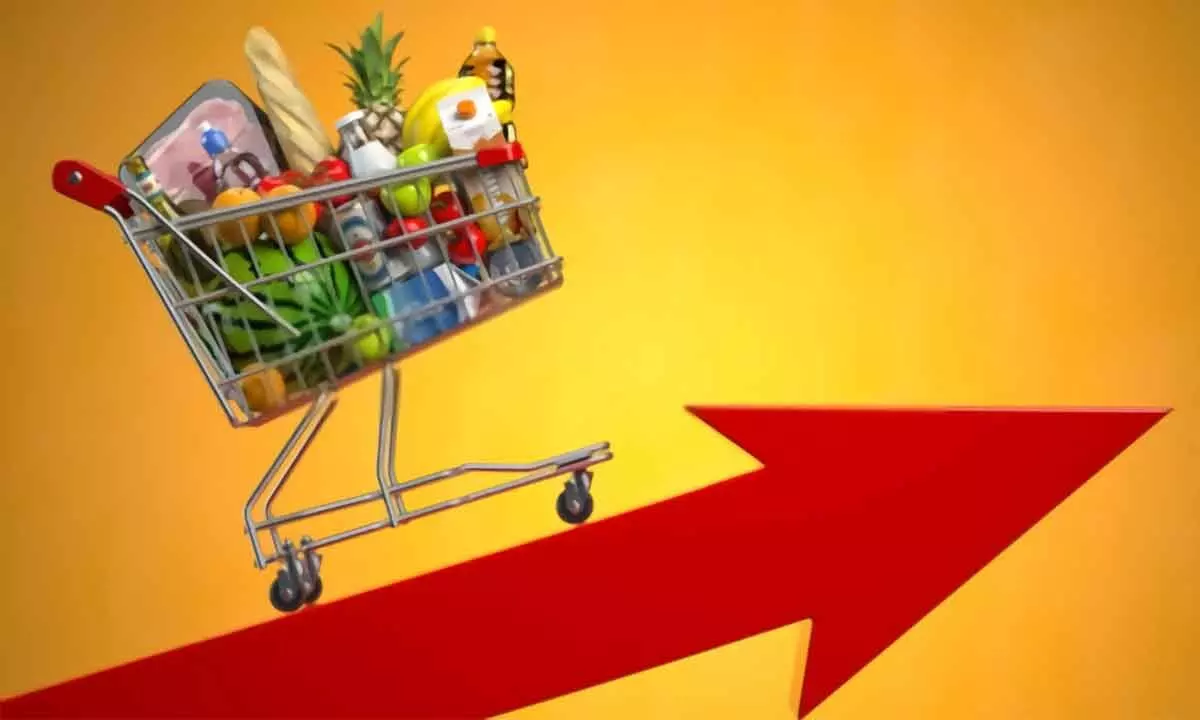High food prices leading to massive global crisis

The latest World Bank Report on inflation and poverty is a reflection of the apathy of the developed countries towards the have-nots of the world.
The latest World Bank Report on inflation and poverty is a reflection of the apathy of the developed countries towards the have-nots of the world. The crisis being faced by millions in the modern world due to various reasons is not a subject matter of the news anywhere and no one seems to be interested in their plight.
The world, in general, is preoccupied with its own politics, profiteering and identity crises. The fact that the Record high food prices have triggered a global crisis that will drive millions more into extreme poverty, magnifying hunger and malnutrition, while threatening to erase hard-won gains in development is lost on humanity.
The war in Ukraine, supply chain disruptions, and the continued economic fallout of the Covid-19 pandemic are reversing years of development gains and pushing food prices to all-time highs, the Report highlights. Rising food prices have a greater impact on people in low and middle-income countries, since they spend a larger share of their income on food than people in high-income countries.
Domestic food price inflation remains high around the world. Information from between April and July 2022 shows high inflation in almost all low and middle-income countries; 92.9% of low-income countries, 92.7% of lower-middle-income countries, and 89% of upper-middle-income countries have seen inflation levels above 5%, with many experiencing double-digit inflation. The share of high-income countries with high inflation has also increased sharply, with about 83.3% experiencing high food price inflation. As of August 11, 2022, the Agricultural Price Index was 1% higher than two weeks ago. Both maize and wheat prices are 2% higher compared to January 2022, while rice prices are about 6% higher. Compared to the January 2021 average, maize and wheat price indices are 20% higher, while the rice price index is 16% lower.
According to the World Bank's April 2022 Commodity Markets Outlook, the war in Ukraine has altered global patterns of trade, production, and consumption of commodities in ways that will keep prices at historically high levels through the end of 2024 exacerbating food insecurity and inflation. Following the start of the war in Ukraine, trade-related policies imposed by countries have surged. The global food crisis has been partially made worse by the growing number of food trade restrictions put in place by countries with a goal of increasing domestic supply and reducing prices. As of August 11, at least 23 countries have implemented 33 food export bans, and at least seven have implemented 11 export-limiting measures. By June 2022 the number of acute food insecure people – whose access to food in the short term has been restricted to the point that their lives and livelihoods are at risk – increased to 345 million in 82 countries and the World Health Organization has warned that acute food insecurity could worsen in 20 countries or areas during June to September 2022.
Availability of sufficient food is clearly a necessary condition for food security, and much policy thinking focuses solely on the question of availability. But as Nobel prizewinner Amartya Sen eloquently states in his classic Poverty and Famines, availability of enough food in the aggregate is not sufficient for food security. Let us hope that better sense prevails upon humanity.

